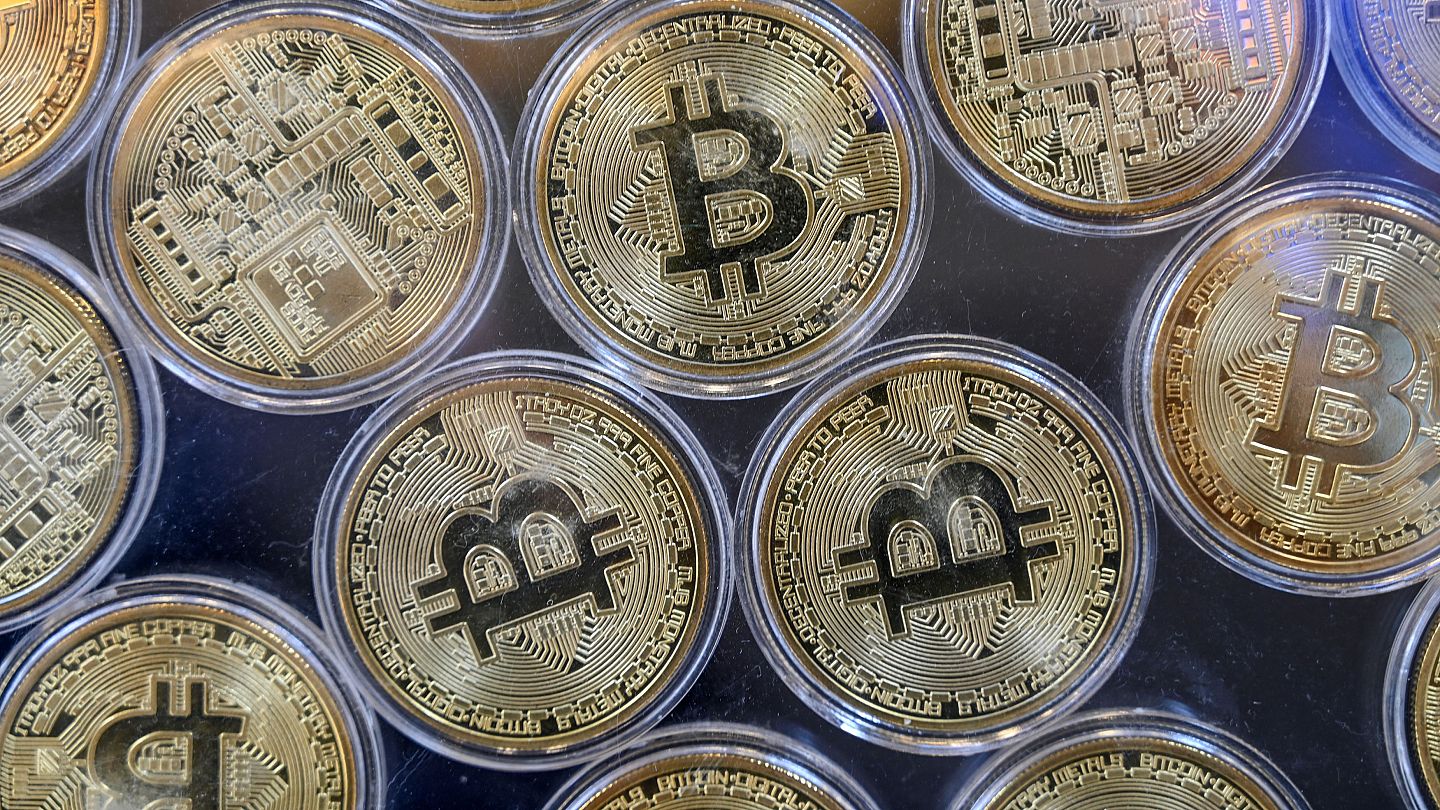
Millions have poured into NGOs and hacktivist groups to support the Ukrainian resistance since Russia’s offensive began on Thursday.
Amid the volatility in global markets and commodity prices as Europe’s first all-out conflict in the postwar period ensues, cryptocurrencies have emerged as a crowdfunding mechanism during a time of war.
While it may not have (yet) fulfilled its promise to become a currency to purchase a cup of coffee with, bitcoin has proven to be a censorship-resistant means of sending large sums of money anywhere in the world – now which includes Ukraine.
Shortly following Moscow’s offensive yesterday, bitcoin donations to Ukrainian NGOs and volunteer groups have soared.
According to the latest data from blockchain analytics firm Elliptic, $4.1 million in crypto has been collectively raised since Thursday, including $3 million in donations on Friday alone.
Yesterday, around $400,000 in bitcoin was donated to Come Back Alive, a Ukrainian NGO providing support to the armed forces.
Live Updates: $4 Million in Crypto Crowdfunded for the Ukrainian Military | NGOs and volunteer groups in the country have raised over $4 million in cryptocurrency donations over $3 million of which was sent by a single donor. https://t.co/mZFN5Ey02r#ukraine #russia #crypto
— elliptic (@elliptic) February 25, 2022
The latest round of crypto donations comes on the back of hundreds of thousands of dollars that various Ukrainian organisations and hacktivists received in recent weeks to help counter Russian belligerence.
Donations had begun to spike back during the second half of 2021, when Come Back Alive raised $200,000 and a hacktivist group called Ukrainian Cyber Alliance received $100,000 worth of crypto. Another group known as the Myrotvorets Center raised $237,000.
Activists have utilised donations for military equipment, medical supplies, and drone-based reconnaissance, as well as funding a facial recognition app designed to identify Russian mercenaries or spies.
“Cryptocurrency is increasingly being used to crowdfund war, with the tacit approval of governments,” said Tom Robinson, Elliptic’s chief scientist.
What makes crypto different from other privately wired funds is that it allows organisations to bypass financial institutions that may otherwise block payments to a specific country, making it amenable to cross-border donations.
“Cryptocurrency is particularly suited to international fundraising because it doesn’t respect national boundaries and it’s censorship-resistant – there is no central authority that can block transactions, for example, in response to sanctions,” said Robinson.
Other groups supporting the Ukrainian resistance efforts have requested donations in crypto assets, like non-fungible tokens (NFTs). An Ethereum-based token project Help Ukraine has been donating Ether to a fundraiser called Support Ukrainian Sovereignty, which has currently raised $281,769 and pledged to distribute funds among various Ukrainian charities.
Hey @Ukraine & @Denys_Shmyhal I know you are having a difficult time and we would like to help you in some way.
— Poseidon NFT DAO (@Poseidon_SF) February 24, 2022
Would you be interested in creating an ETH wallet to receive donations for the Ukrainian people?
We would be happy to help and many crypto holders will do the same...
While donations to Ukrainian war-effort organisations or hacktivist groups aren’t illegal nor in violation of any sanctions, organisations like the Myrotvorets Center have pointed to instances where at least one of its PayPal accounts, intended to fund a facial recognition program, was seized due to complaints over “terrorists and Russians.”
In such instances, donors might not want their banking records to reflect their funds being transferred to what could be perceived as paramilitary or illegal groups. Hence, the privacy offered by crypto is seen as attractive.
#Ukraine, #Afghanistan, #Tigray. We're responding to disasters and conflicts around the world and your #cryptocurrency donation could make a difference for communities in need.
— International Medical Corps (@IMC_Worldwide) February 25, 2022
Donate #crypto here and SHARE with your community➡️ https://t.co/BrcXugMSif pic.twitter.com/LMEJ4xHzu6
Ukraine’s growing appetite for crypto
As the Ukrainian central bank cracks down on digital money transfers in lieu of a nationwide declaration of martial law, many Ukrainians appear to be turning to crypto.
Kuna, one of the most popular crypto exchanges in the country, saw its trading volume more than triple by Friday, according to CoinGecko data. The 24-hour trading volume at Kuna was around $1.5 million on Thursday morning, and now sits just under $5 million.
Bitcoin is currently trading at a 7 percent premium at Kuna, indicating local demand is outpacing available supply since the Russian attack began. Domestic buyers are also paying a premium for Tether, a US dollar-backed stablecoin.
“We don’t trust the government. We don’t trust the banking system. We don’t trust the local currency,” said Kuna founder Michael Chobanian in an interview with CoinDesk. “The majority of people have nothing else to choose apart from crypto.”
Kiev has also taken steps to embrace crypto at the national level.
Last week, President Volodymyr Zelenskyy and the Ukrainian parliament reached consensus on a law that would legalise and regulate cryptocurrencies, ratifying the eventual creation of a legal crypto market.
In recent years, Ukraine has become a hub for crypto innovation thanks to a low tax regime, little to no red tape, and a surplus of talented engineers.
Social media is bold.
Social media is young.
Social media raises questions.
Social media is not satisfied with an answer.
Social media looks at the big picture.
Social media is interested in every detail.
social media is curious.
Social media is free.
Social media is irreplaceable.
But never irrelevant.
Social media is you.
(With input from news agency language)
If you like this story, share it with a friend!
We are a non-profit organization. Help us financially to keep our journalism free from government and corporate pressure












0 Comments